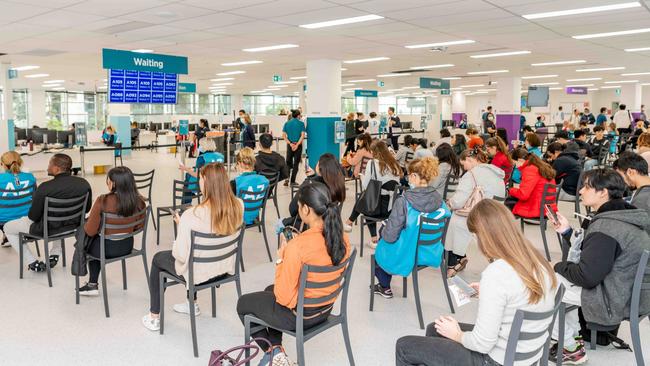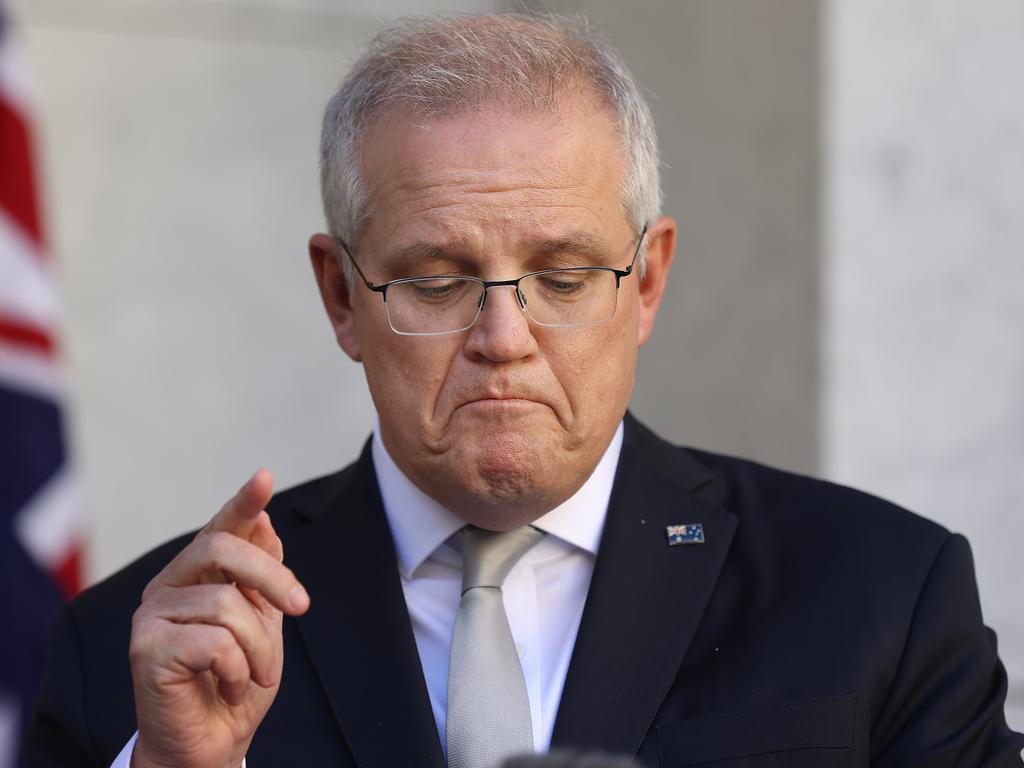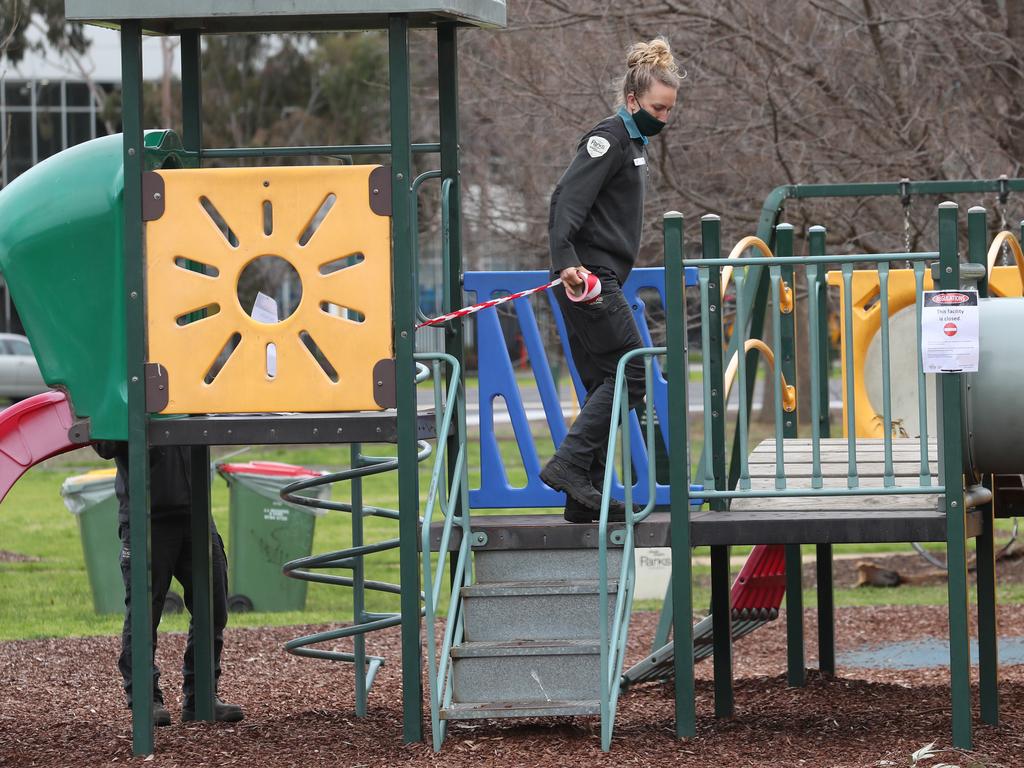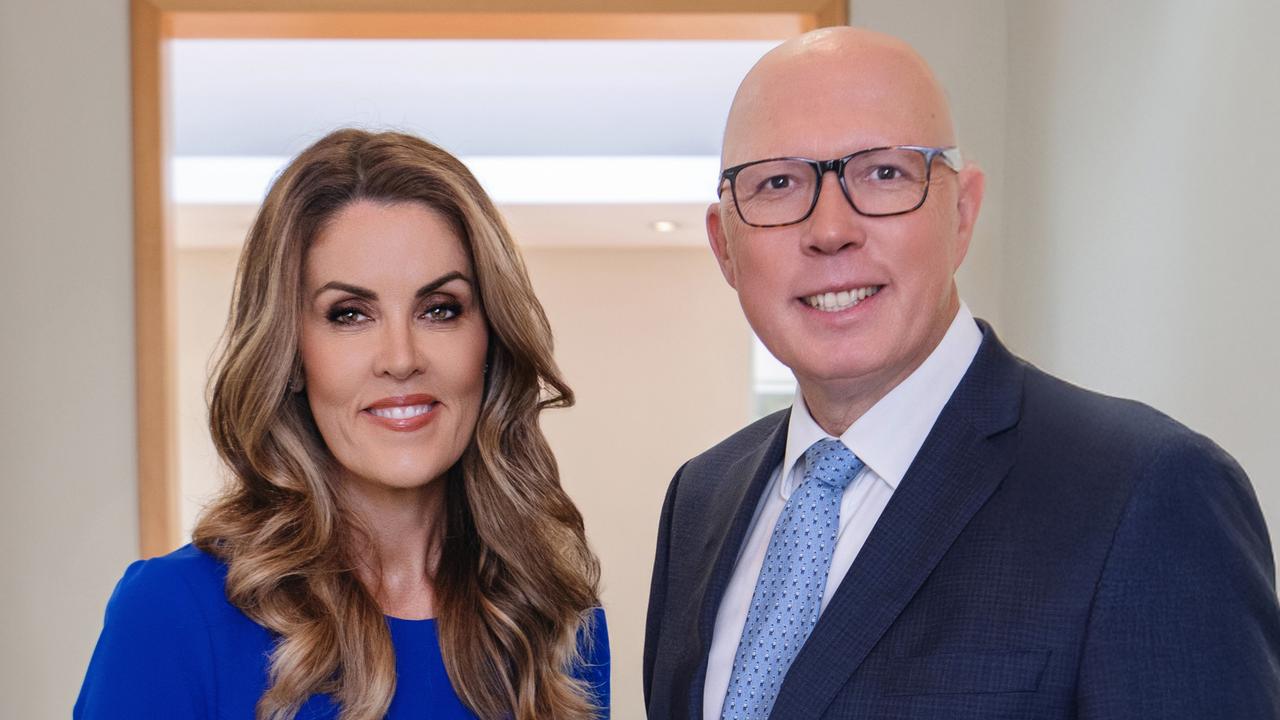Employers face tough decisions on Covid compo
Here is a question no one can answer, and it is important. Who pays if I catch coronavirus at work?

Here is a question no one can answer, and it is important. It relates to our post-vaccination future, when we are going to treat the virus like the flu.
Whether the virus goes along with our wishes and behaves like the flu is another question altogether. For now, let’s just stick with our nationally agreed delusion, sorry, I mean plan, and talk through the issues. Once we reach our final vaccination target, and the virus is allowed to circulate, most of us are likely to catch it at some stage.
In that case, when somebody goes to work and catches the virus – confirmed by contact tracing – and they need time off and medical care, do they take their sick leave or make a workers’ compensation claim? This question, which may seem minor, lies at the core of the difficult debate happening now regarding compulsory vaccination in the physical spaces where enterprise occurs.
The answer to the question will determine whether businesses will have no option but to mandate vaccination for employees, contractors, visitors and customers.
If the answer is that the employee with the virus must take sick leave, then this means the responsibility for avoiding the virus in the workplace falls on the employee, and the cost of any treatment must be borne by them, too.
It means if the worker dies from the virus, or infects a family member who dies, no compensation will be payable to anyone. This is the current situation when it comes to the flu, for instance, or gastro bugs.
This is only because no contact tracing occurs and it cannot be established where the infection was picked up, meaning that the employer avoids the liability.
Incidentally, in NSW, a legislative amendment passed in May 2020 gave the vast majority of workers presumptive rights, meaning that if they catch the virus it is currently presumed to have been contracted at work, unless proven otherwise.
If we make employees responsible for avoiding the virus in the workplace, then this provision would need reversal. Making employees responsible for avoiding the virus at work will be contrary to existing state and territory systems, which all place the responsibility on employers to provide a safe workplace.
These schemes say that any illness or injury caused by work, or at work, or on the way to or from work, and requiring time off with medical treatment, will all be paid for by the employer’s workers’ compensation scheme.
Nevertheless, if this is the position we settle on nationally, then employers could not reasonably mandate vaccination, and there are implications from this.
People currently working from home may not want to return to workplaces where unvaccinated staff or customers are present. When a refusal to return to the office occurs, the employer could not reasonably force the issue.
If we say the employer should be able to force the issue, and the worker then catches the virus at work, then the onus has to fall on the employer, and it becomes a workers’ compensation issue.
Then if the worst happens and the employee dies, this could become an industrial manslaughter case. Do employers really want to risk jail because they didn’t make vaccination a condition of employment and a condition of entry to their premises?
If we want the sick leave option to be our agreed scenario, then the only way we can achieve it is to abandon all contact tracing and reverse any presumptive measures such as those in NSW, so the blame and cost cannot then be sheeted home to the employer.
In the alternative scenario, where the answer to the question is that the employee with the virus must not take their sick leave but must make a workers’ compensation claim, then this means the employer has to provide a safe, virus-free workplace.
In this scenario, a business will have to insist that only vaccinated staff, contractors, visitors and customers will be allowed entry. This will be the only way to exercise their duty of care. In the event that an infection still occurs, or a reaction to the vaccination happens, and either of these events require time off or treatment, the liability falls on the workers’ compensation scheme and not on the individuals.
No prosecution for manslaughter based on carelessness or negligence could occur as the employer had done everything possible to ensure a safe workplace, in line with their legal obligations.
In this scenario, an employer will be able to sack anyone who refuses vaccination, without recourse, and refuse entry to premises of unvaccinated people.
My feeling is this is the position we will find ourselves in. Freedom and choice will likely be swapped for responsibility and sacrifice.
In politics, a lot of the time we see policy emerge as a solution in search of a problem. On this occasion, we have an enormous problem and a desperate search for policy to resolve it. Yet none is forthcoming. Instead, there are weasel words and an abandonment of duty.
Employers are looking to Prime Minister Scott Morrison for answers – but the answer lies with the states and territories, with their workers’ compensation arrangements and health orders. They need to step up quickly, and agree on a national way forward.





